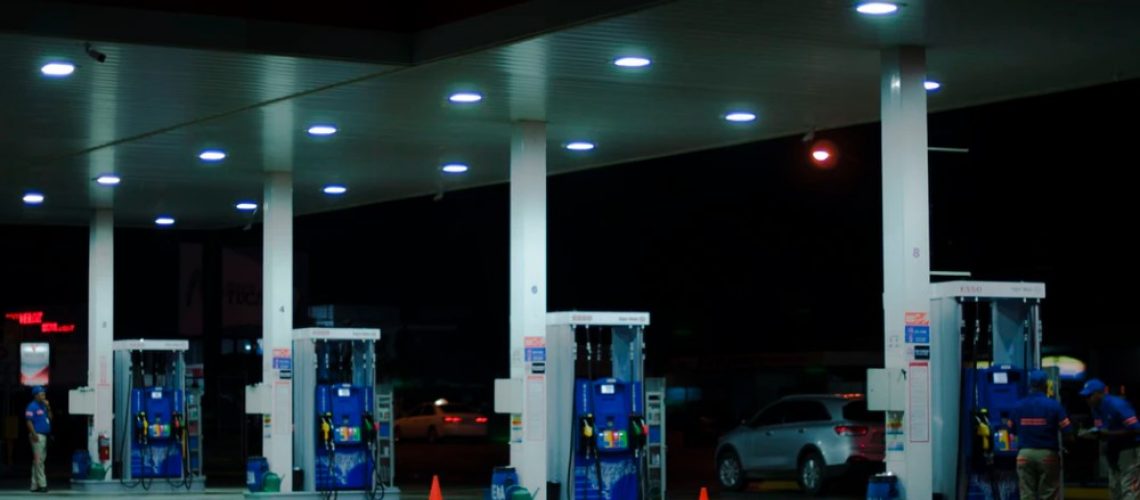
A man goes into a supermarket, picks one of the hundreds of beverages from the shelf, and drinks it all at once. It was delicious and certainly quenched his thirst after a long, hot summer day. Minutes later he is dead. Unfortunately, he was allergic to one of the ingredients but he didn’t bother to read the label.
The same could happen to your car. You may be killing your engine out of ignorance. There are thousands of alternatives out there on the market; it is your duty to choose wisely the best for your particular needs and circumstances. If you are the kind of driver that fills up your vehicle with any kind of fuel, it’s time to learn the basics about the topic.
WHAT CHOICES DO WE HAVE?
-Regular unleaded petrol (ULP) octane rating (*) 87 – the recommended gasoline for most cars.
-Midgrade unleaded octane rating 88-90 – Few vehicles require the use of midgrade gas, such as some Fiat-Chrysler automobiles (FCA), Dodge Challenger, Dodge Charger and Jeep Cherokee, among others.
-Premium unleaded gasoline (PULP) octane rating 91- 94 – for luxury or high-performance models, sports cars, high-compression turbocharged engines.
-Ethanol: available in several different blends for use in conventional and flexible fuel vehicles. It is used to reduce pollution and costs.
–Ethanol blended E10– Low-level blend of 10% ethanol and 90% gasoline. For use in conventional, gasoline powered vehicles.
–Ethanol–blended E15: 10.5% to 15% ethanol and gasoline. Approved for use in models year 2001 and newer light-duty conventional vehicles
-E85– Blend of 85% ethanol and 15% gasoline- Can be used in flexible fuel vehicles (FFV´s) with an internal combustion engine and are designed to run on E85%, gasoline, or any blend of gasoline and ethanol up to 83%
Diesel fuel: for diesel engine vehicles
(*) Octane rating is the measure of a fuel´s ability to resist knocking or pinging during combustion caused by the air/fuel mixture detonating prematurely in the engine. In other words, a higher octane in the fuel does not mean that the engine will be more powerful, it only improves the acceleration response, and it does not increase the horsepower of the vehicle.
TOP TIER FUELS: Certification standard that provides superior deposit control by requiring more and better additives that result in a higher standard of engine cleanness and performance, meeting the EPA (Environmental Protection Agency) requirements.
WHAT M&M VEHICLE TRANSPORT RECOMMENDS:
- Always read the owner´s manual and follow the manufacturer’s recommendations regarding fuel requirements.
- Not always most expensive means the best: if your car needs regular fuel, don’t waste money buying premium. There will be no increase in power or fuel economy and no reduction in exhaust emissions
- Not always saving money is good for you; you may be shortening the life of your car by using the cheapest fuel.
- Have your gas tank cleaned every now and then in order to ensure optimum engine performance and maintaining fuel efficiency.
- Look for TOP TIER licensed retail brands at the gas station of your preference.
- Avoid overfilling your gas tank, it is potentially dangerous for you and might affect your car´s performance if gas gets in the system, causing it to run poorly.
- Do not drive with an almost empty tank gas; it can cause the fuel to overheat, and wear out the fuel pump, among other damages to your car.
- Save money, time and avoid stressful situations when relocating your car: give us a call at 877 957 4878 or get a free quote and we will do it for you.



